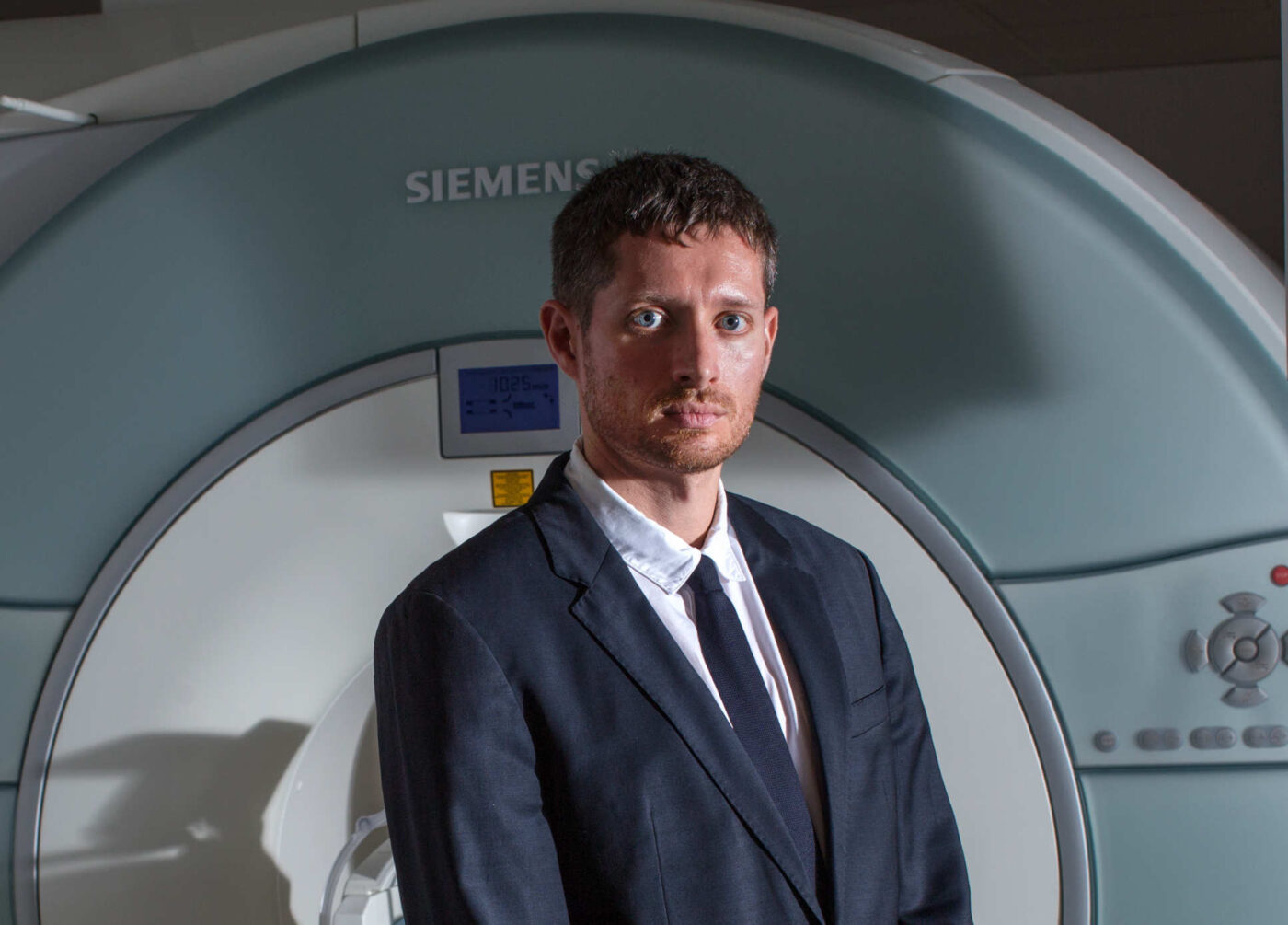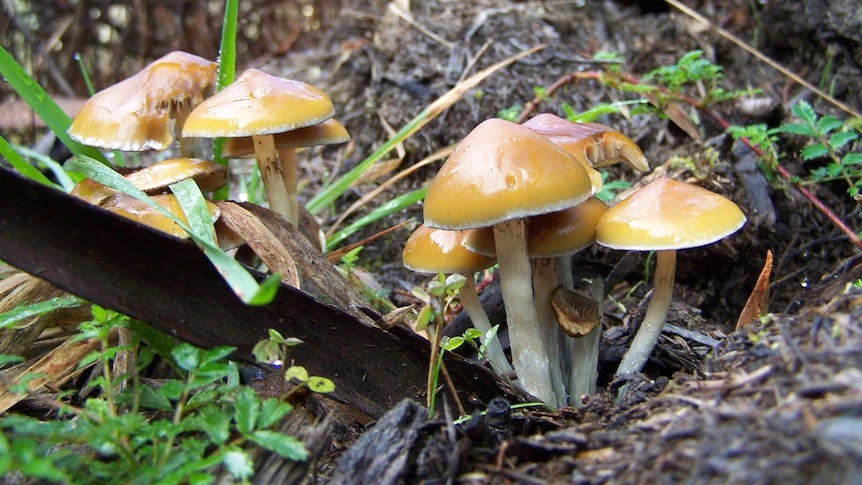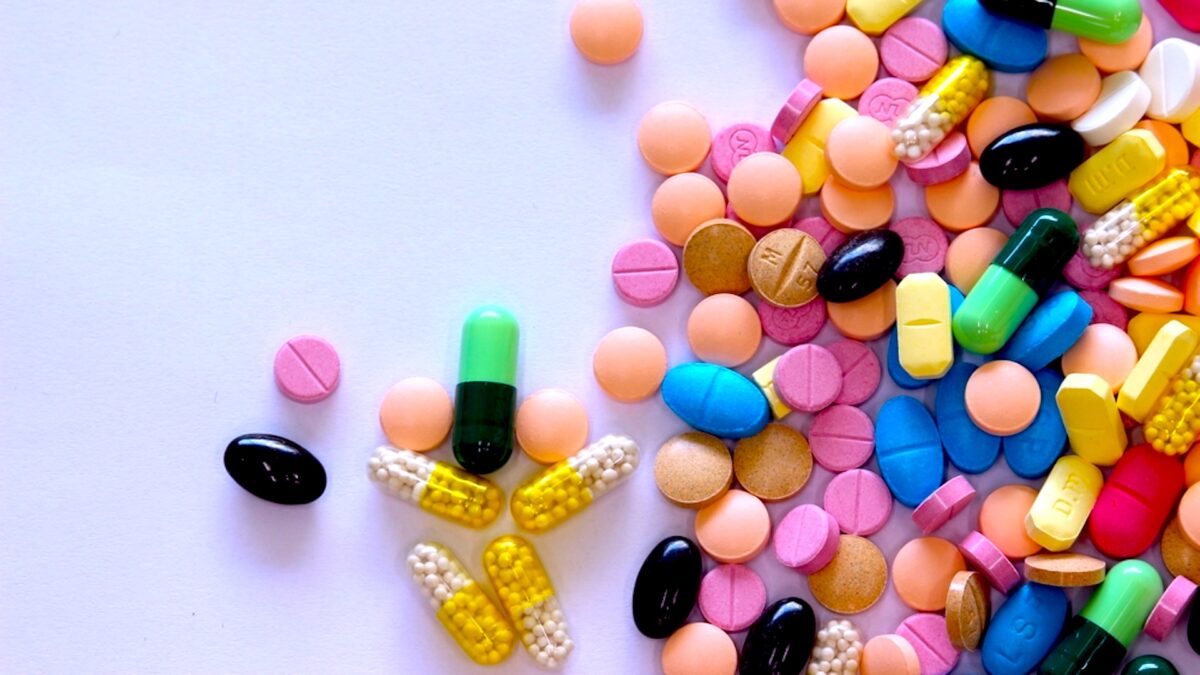New data has shown that an entire generation of Aussie blokes are using more psychotropic medications than ever before in an effort to battle a slew of mental health disorders. While we might celebrate men taking action to better their health, are they putting themselves at unnecessary risk of addiction, and could Australia’s world-leading stance on psychedelics offer a better way forward?
We’ve been all over the psychedelics and mental health story from the very beginning, keeping you abreast of every twist and turn in the drugs’ journey from hippie hobby to healthcare revolutionary, questioning the real cost of psychedelic therapies, and even trying one or two ourselves…
But this Men’s Health Week, we’d like to put it to you that psychedelics could help save a generation of Aussie men from addiction to or — at the very least — a life of reliance upon psychotropic medications. Regularly prescribed to combat a number of mental health issues, ‘psychotropic’ medications refer to any medication that actively alters a person’s mental state and includes (but is by no means limited to) antidepressants and ADHD medication.
In a study conducted by Monash University, researchers have unearthed a concerning surge in the dispensing of psychotropic medications to adolescents in Australia. The study revealed that the rate of psychotropic drug dispensing in 2021 was twice as high as it was in 2013 and showed that the overall prevalence of psychotropic drug dispensing for children and adolescents in 2021 was 6% of boys, compared to 3.4% in 2013.
WATCH: Not quite ready for magic mushrooms? Try an ice bath instead…
The study also highlighted that in 2021 the dispensing of psychostimulants, primarily utilised to treat ADHD, was highest among adolescent men. Associate Professor Luke Grzeskowiak, the senior author of the study, emphasised the urgency to investigate the reasons behind these substantial increases in psychotropic drug dispensing:
“While psychotropic drugs can offer benefits to children and adolescents with mental disorders, their efficacy and safety in young people remain subjects of debate.”
Associate Professor Luke Grzeskowiak
And it’s this live debate that causes us concern: not only do some studies show that up to two-thirds of antidepressant prescriptions — such as selective serotonin reuptake inhibitors (SSRIs) — could be necessary in the first place, but users can become highly dependent on the drugs. Physical dependence is evidenced by withdrawal symptoms nausea, tremors, and — ironically, if sadly — depression, when people stop taking the drugs after an extended period of use.
However, there may be a potential paradigm shift on the horizon for the treatment of mental health disorders. Earlier this year, the Australian Therapeutic Goods Administration (TGA) made a significant move towards making MDMA and psilocybin more accessible for medicinal purposes. As of 1st July 2023, the drugs will be down-scheduled from Schedule 9 ‘Prohibited Substances’ to Schedule 8 ‘Controlled Medicines’, paving the way for them to be used to treat conditions like depression.

According to Professor Carhart-Harris, a renowned expert in psychedelic therapy, psychedelics possess a greater capacity to alleviate depression and other mental health disorders in the long term. As well as being highly unlikely to cause any kind of addiction or dependence, they don’t rely on the user’s expectation or desire for the drug to work; psilocybin has minimal impact on their therapeutic outcome compared to someone taking SSRIs.
In simpler terms, for SSRIs to be effective, the user must have a positive expectation of their efficacy. In contrast, with psilocybin, such expectations hold little sway. SSRIs, to some extent act as placebos, while psychedelics may not, making them a potentially more potent form of therapy. This phenomenon is rooted in “canalisation,” which likens the brain to a canal relying on entrenched behaviours and thought patterns for daily functioning.
Examples of this include the negative biases observed in individuals with depression, the fixation on contamination and regulated behaviours in those with obsessive-compulsive disorder (OCD), or the obsessive body image concerns and calorie control in individuals with eating disorders.
Unlike antidepressants, psychedelics have the remarkable ability to “hijack” the brain’s inherent plasticity and exploit its capacity for change to break free from these obsessive and repetitive behaviours.

In a highly regulated and therapeutic setting, the ingestion of psychedelics amplifies communication within the brain’s cortex, opening up new pathways for thought and behaviour, thereby increasing the likelihood of escaping destructive patterns once and for all, without the need for ongoing prescription of — and dependence upon — antidepressants.
In short, Aussie blokes are increasingly turning to psychotropic medications, but at what cost? The risks of addiction and dependence loom large, calling into question the efficacy and safety of these treatments. Fortunately, Australia’s progressive stance on psychedelics signals a brighter alternative. By embracing the therapeutic potential of substances like MDMA and psilocybin, we can offer a lifeline to a generation trapped in the cycle of mental health disorders and medication dependency.
It’s time for Aussie blokes to take a psychedelic detour from addiction and find a path to genuine healing, flipping the script on mental health treatment and embracing a psychedelic revolution with open minds.
